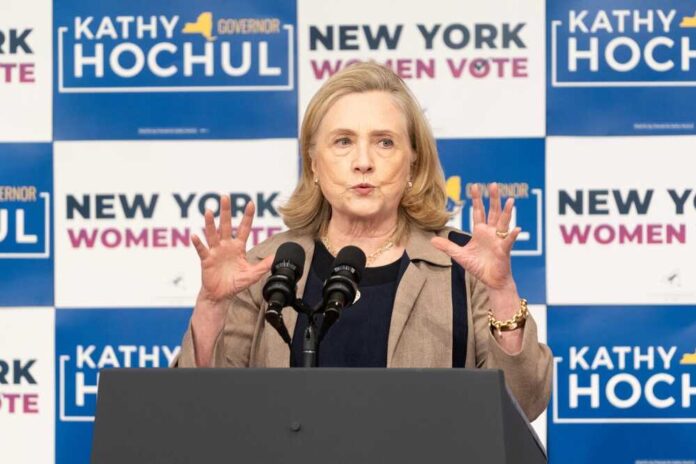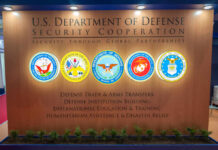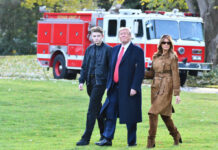
In the world of cable news, misrepresentations often run wild. One recent case worth scrutinizing involved Jonathan Capehart, a seasoned MSNBC host who was fact-checked live on the air after making a false claim regarding Hillary Clinton’s controversial email saga. Capehart inaccurately declared that Clinton, unlike former President Donald Trump, did not have classified documents on her server.
On PBS NewsHour, Capehart insisted Trump’s case was more serious because he held classified documents while Clinton “did not.” The left-leaning host’s selective memory painted a picture of Clinton’s email contents being primarily benign recipes and appointment reminders. He passionately declared there was “no symmetry” between Clinton’s email issue and Trump’s.
“Comey pointed out that a lot of her things that they found on her server were classified and probably were accessed by foreign agents. Comey revealed that Clinton made several false statements and that “[m]ore than 2,000 emails” she had were classified.https://t.co/BBW4FPrLP1
— a proper gander ͡° ͡° (we deploribus, unum) (@thxUSA) July 30, 2023
Capehart’s attempt to rewrite history hit a roadblock when Gary Abernathy, a Washington Post columnist on the panel, interjected. He pointed out that Clinton’s server contained classified information, which then-FBI Director James Comey confirmed. Abernathy highlighted the possibility that Clinton’s classified emails were accessed by foreign agents, a potential risk overlooked by Capehart’s narrative.
This encounter epitomizes the ongoing struggle for truth in a polarized media landscape. Notably, the inconvenient reality Abernathy highlighted is grounded in fact. Comey revealed that out of the 30,490 emails on Clinton’s server, over 2,000 were classified. Yet, no charges were pursued against her, leaving questions that remain unanswered.
Capehart attempted to refute Abernathy by stating if Clinton’s emails contained nuclear secrets, we would have known. He further questioned the impartiality of Trump’s Department of Justice, implying a bias would have led to exposure. But Abernathy’s reply resonates with a sizable segment of Americans who feel Clinton’s case was handled with kid gloves.
Why the distinct discrepancy? For some, it stems from the belief that the corporate media, eager to protect their preferred political figures, will quickly downplay significant issues like Clinton’s email scandal while amplifying allegations against Trump.
While Trump faces 37 felony counts, including willful retention of classified information, Clinton was dubbed “extremely careless” with classified information. However, no criminal charges were recommended against her by the FBI.
This public on-air fact-checking of Capehart serves as a stark reminder of the need for diligence and accuracy in reporting, especially when attempting to draw comparisons between two highly charged political scandals. As Capehart learned, the pushback from peers and audiences is swift and vocal when assertions lack a strong foundation of truth.



























